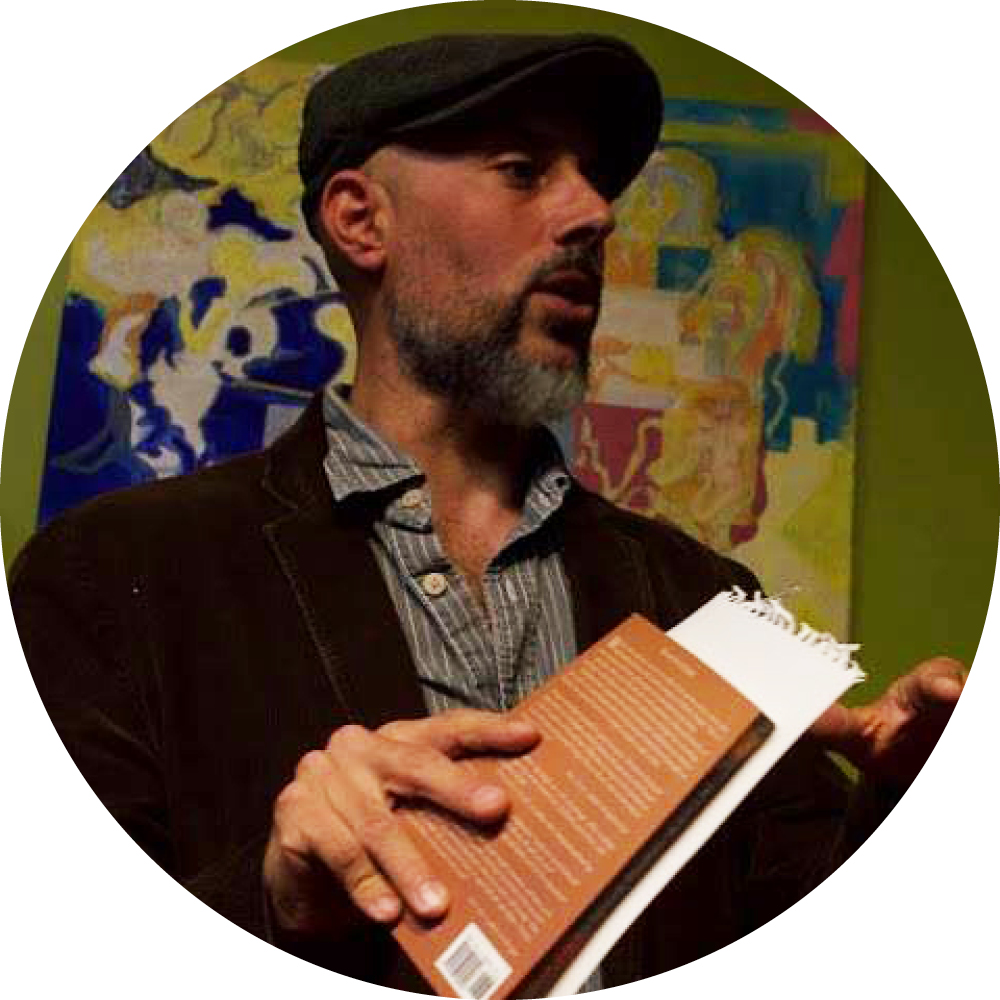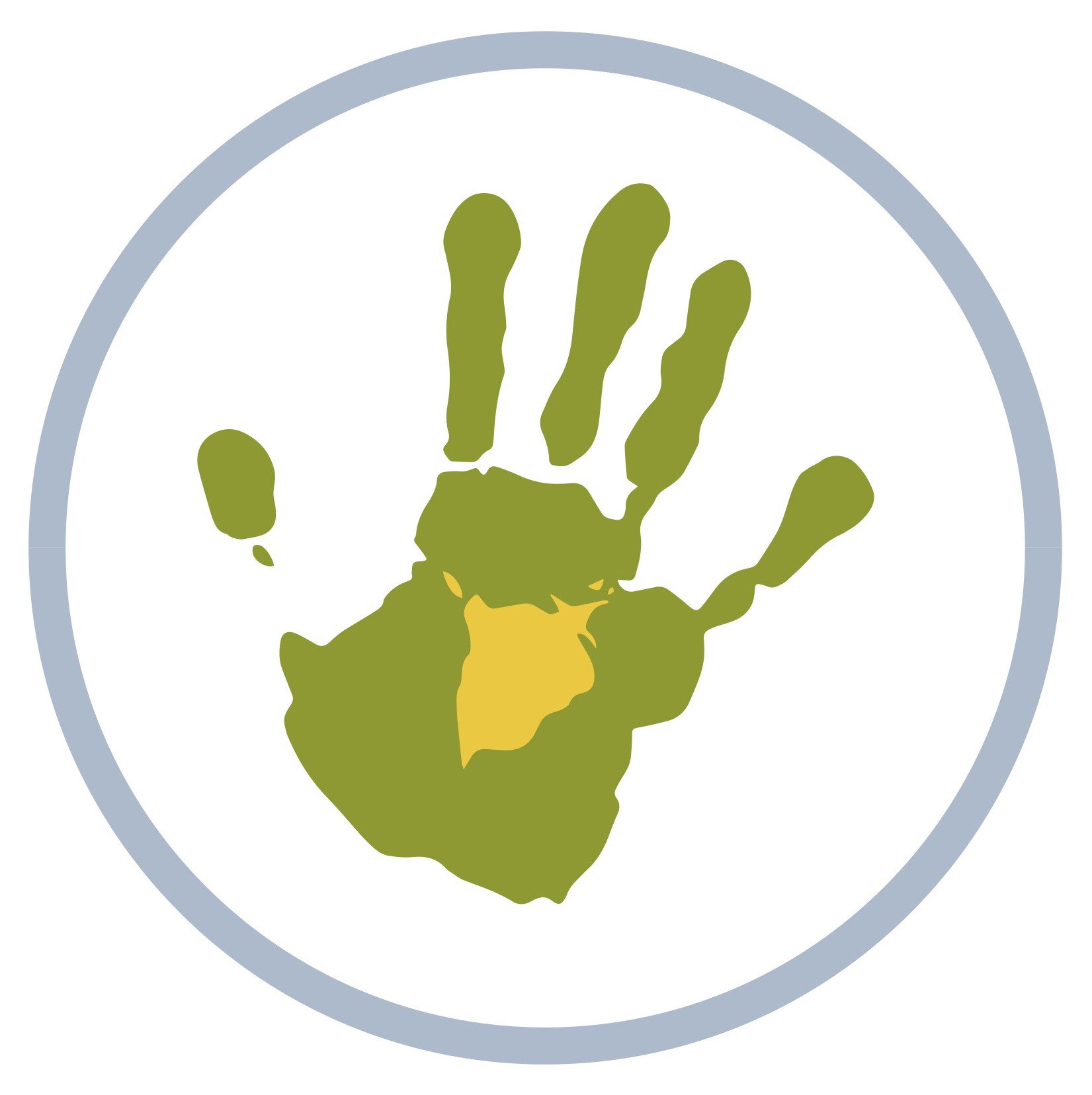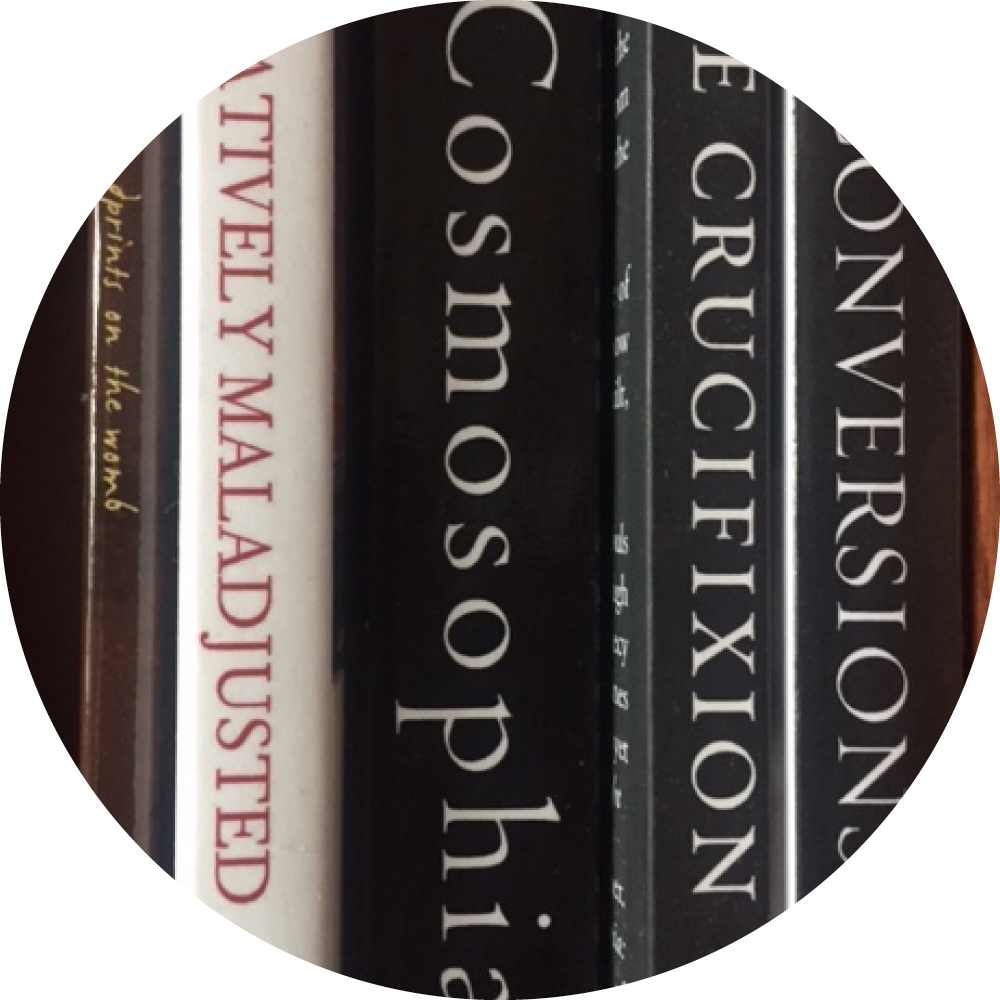Virally Black
How do the poet’s words
impact crisis
By J. Drew Lanham
How do the poet’s words impact crisis? How do words and verse – rhymed or not, evenly lined or raggedy torn – help us cope in times of struggle? Some might argue that art is the privilege we can ill afford to partake of in such critical times. I would posit the opposite.
The crisis now is simply exacerbated by other crisis. Bad is compounded by worse. From infections to micro-aggressions to fatal violence openly enacted on public streets to national trends denoting an entire race as an “at risk” status, how can words help?
I would argue, as many far greater before have, that silence is the much deeper sin. To not write or speak or yell or scream or paint or carve or sculpt or sing, is a dereliction of our duty as creators. This is a silver-plated lining in the dark cloud we must leverage against hopelessness and complacency. Social media is a megaphone that’s ready and waiting. Daily, hate is slung from a big house in a powerful place. Lives and fortunes rise and fall on single words misused and misspelled. We hang in the balance of idiocy. And so, if malformed thoughts spilled from one orange-tinted hand can tilt the earth on its socio-political axis, then we cannot sit on our brown or black or white or red or yellow hands to allow the polemics of ignorance and vanity to outpace the poetics of societal re-calibration towards justice and equity. For those of us who’ve been wrapped in crisis since the ships first anchored off Mid-Atlantic shore in 1619, thoughts and words are all we possess that cannot be chained or chatteled or sold away. In the tradition of a disenfranchised people seeking simple connection free of bias and persecution, I have the responsibility to speak out as loudly as I can to work towards undermining the crisis where I might.
Some of us are fated to the virulence of American racism by dark skin. Others are privileged with the immunity of whiteness. In either case, of those afflicted and aggrieved, or of those unhampered and free to achieve, there is the necessary action of thinking and feeling given over to voice – written and spoken. Silence will be the choice that kills us all doornail dead as surely as any “germ” or choke-holding assault. It is acquiescent suicide; a deadly gun mortally aimed.
Words offer a singularity of immediate action that can be as powerful as protest. That must be the potency in our poetics now; to use the tools lain in front of us to be irrepressibly loud. To be boisterous. To be bold. To tell our stories however we can. To not wait on the privilege of glossy publication and peer review. Update status. Post pictures. Tweet against the bombastic stream. To speak in whatever way we can some daily truth artfully expressed is micro-rebellion pushed hard against the machine. That work we do then is as essential as clean water; as necessary as unfettered breath. Write now. Right now.
“Virally Black”
COVID 19 is just another
crisis in a series
of crises visited upon those of us with ethnic precondition.
Black or brown skin is license for societal infection
The pestilence of injustices heaped upon bias
We die
by acute police brutality; arrest trial and execution by suspicion where we stand;
by denial of basic rights, by lack of clean water to drink; starving in food deserts
living on the wrong side of the tracks in a right wing test tube
– we are the lab rats poked, prodded
given lethal doses of prejudice
James Baldwin said that Negroes should be pissed off at the persistent struggle
I agree,
We are to the nation we helped build
mostly a disease.
Socially distanced now for some 400 years;
quarantined in separate and unequal boxes
with blankets leftover from the Native purge.
We adapted. Had to.
We vaccinated and immunized ourselves
with strength and resilience and somehow survived all the outbreaks of dark middle passage holds,
chains , whips, rape, castration, maiming, murder, lynching ropes
votes discounted, lives choked out
promise thrown away. Communities red lined and power gerrymandered.
Now this.
More than two hundred thousand in body bags or in the ground. Too many moldering
Ignorance.
We die in multiples as whiteness suffers in singles,
no less saddened in the losses, they add by fingers as our numbers roll past digits on hands and feet, already missing pieces chopped off because of sugar diabetes.
Diagnosed with living while black,
it’s a chronic condition
Yes, I’ll stay at home
First to not infect someone else with myself,
but then to not be shot down in the street by some vigilante A’merican seeing me as the more dangerous threat.
The rising seas will drown us first
if the pandemic of hate doesn’t win the race.
You see, the crisis for some of us is cast
in historic stone. Indelibly inked into who we are by the color of our skin.
It is not one viral outbreak.
It is daily more than most ever calculate.
More than the talking heads can read
or the bottom of the screen tickler can scroll.
Life is the immediate thing. An equal chance at living it, is all we ask.
Trouble comes for everyone, late or that right soon. For some it visits and sits down to stay
Then crisis is no longer something to think of as disrupting normal.
It is normal.
– J. Drew Lanham
Re-sources
Re-Imagining Education

Empowering educators to take a deeper look at the stories told in our schools and to re-imagine them in transformative and
nurturing learning spaces.
Learning Opportunities

Classes, workshops, and lectures that help to empower people to re-imagine who they are and their place in the world.
Get Involved

Help the Chicago Wisdom Project realize its mission to re-imagine education through holistic programming that transforms individual, community and world through creative expression.
